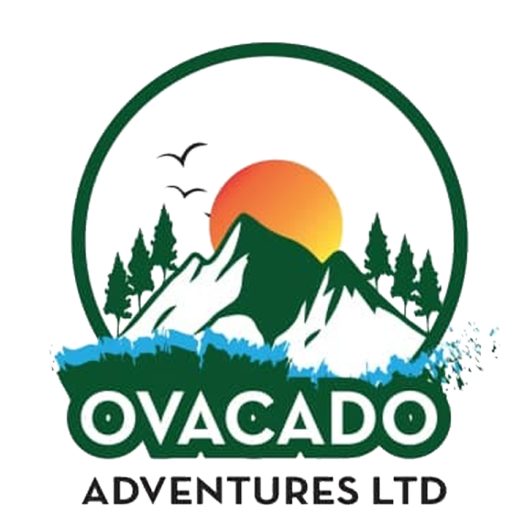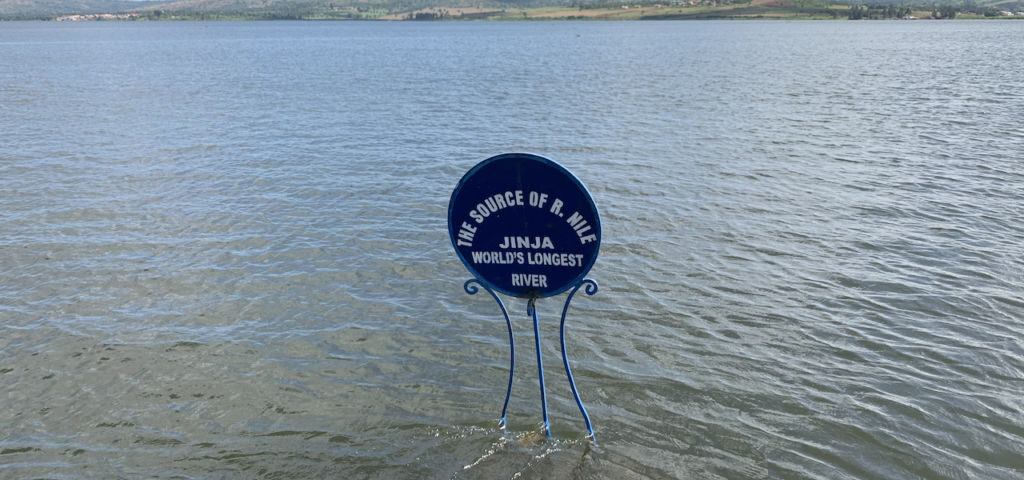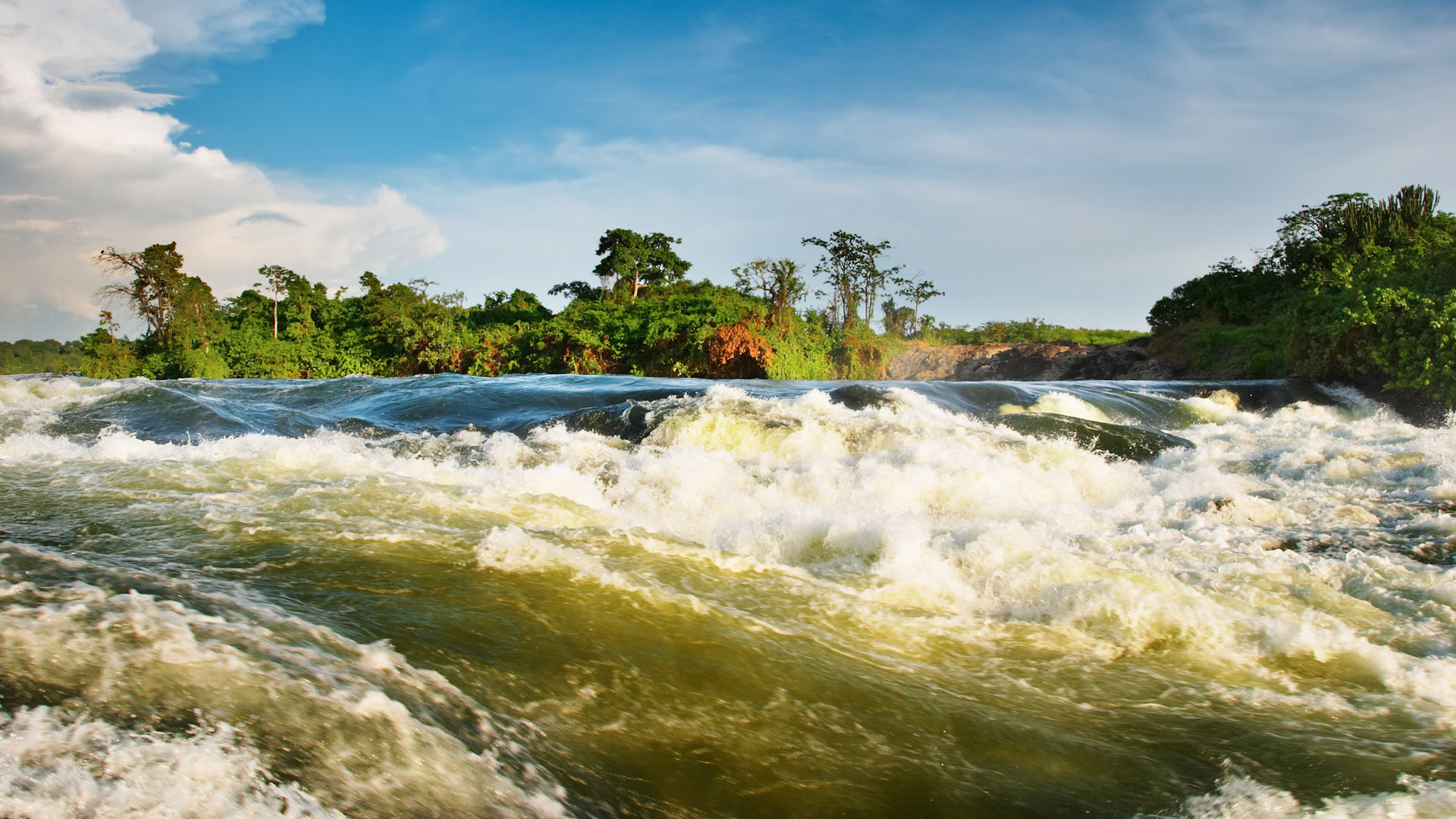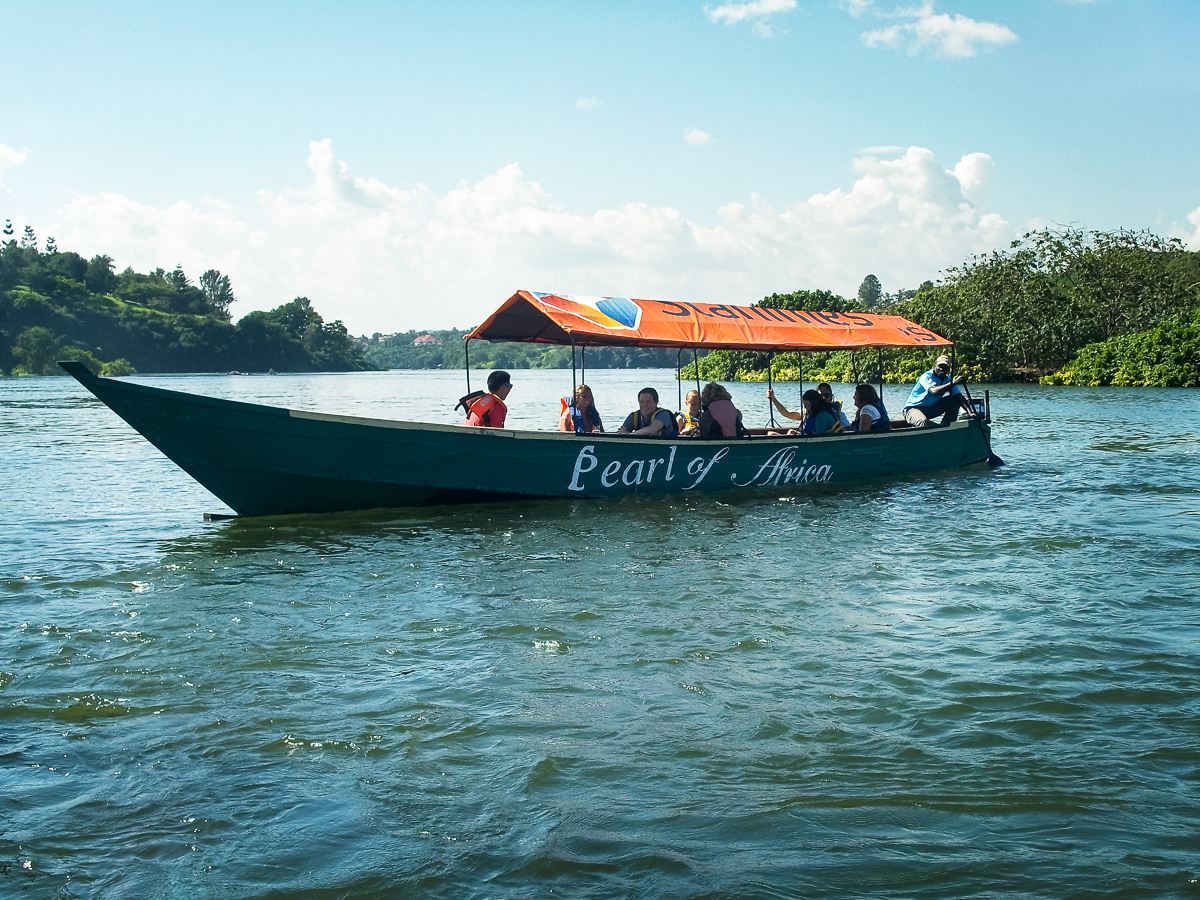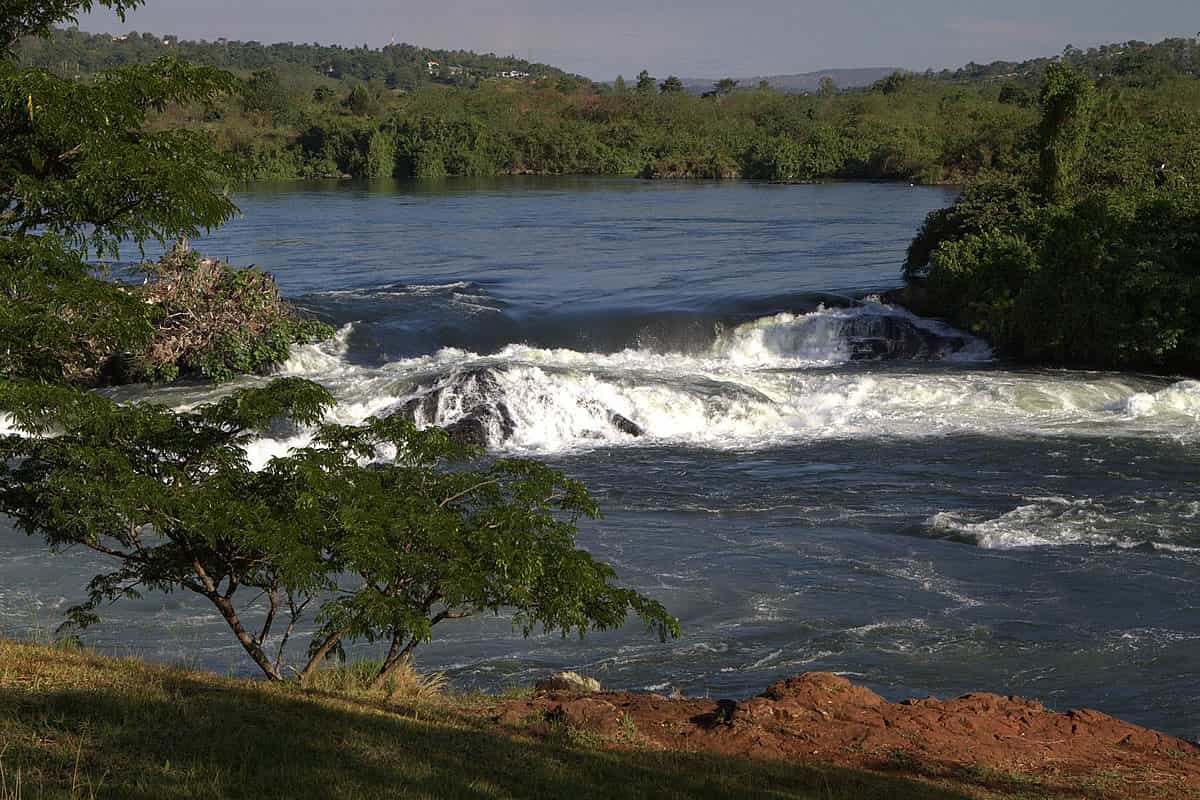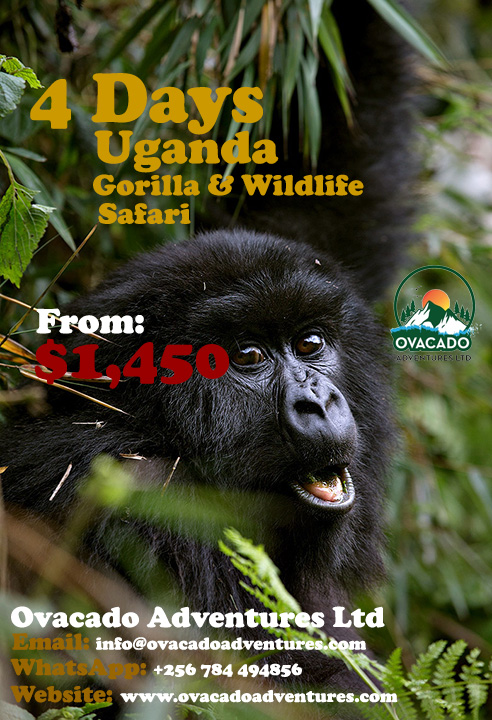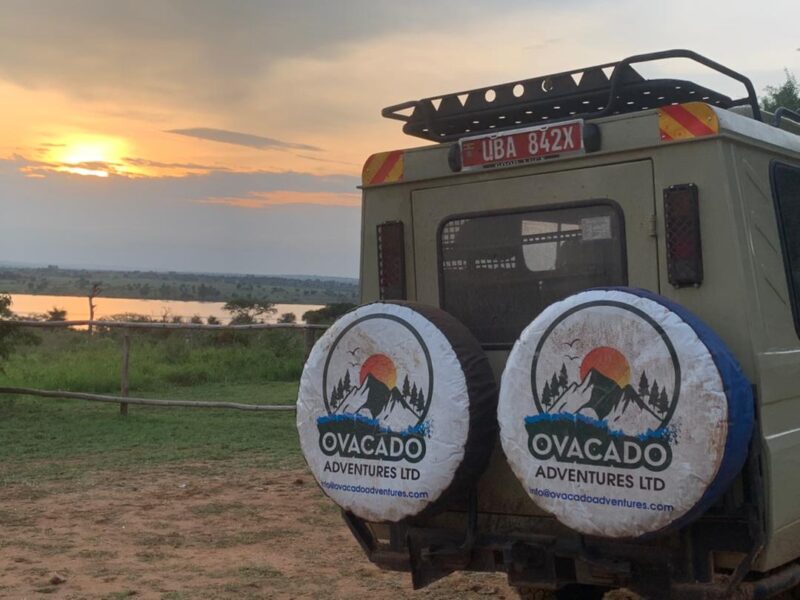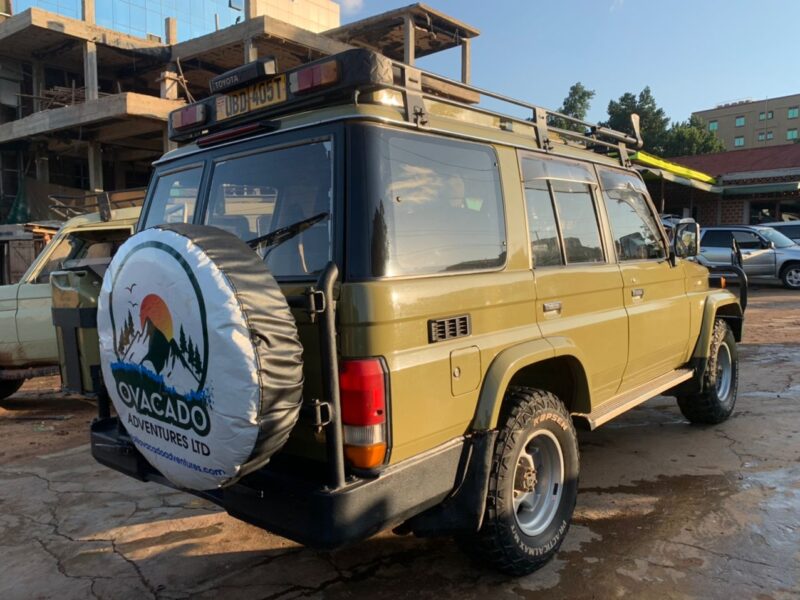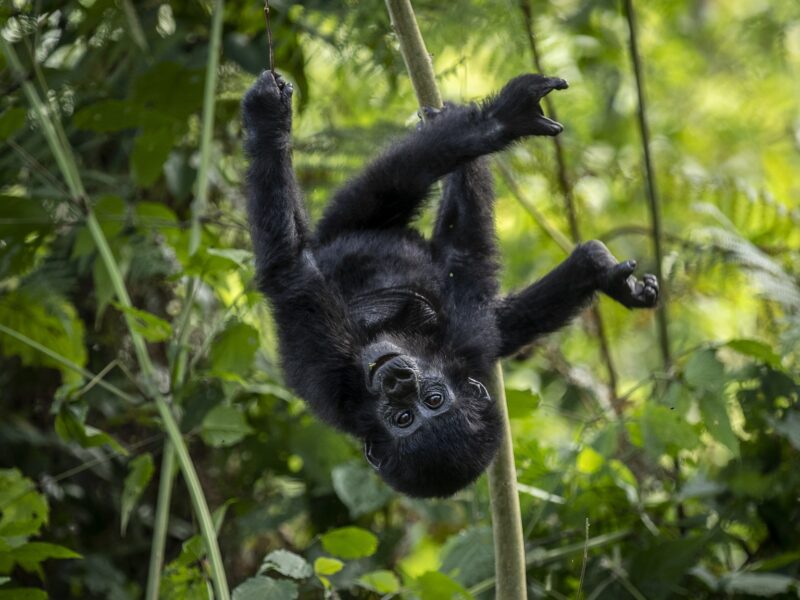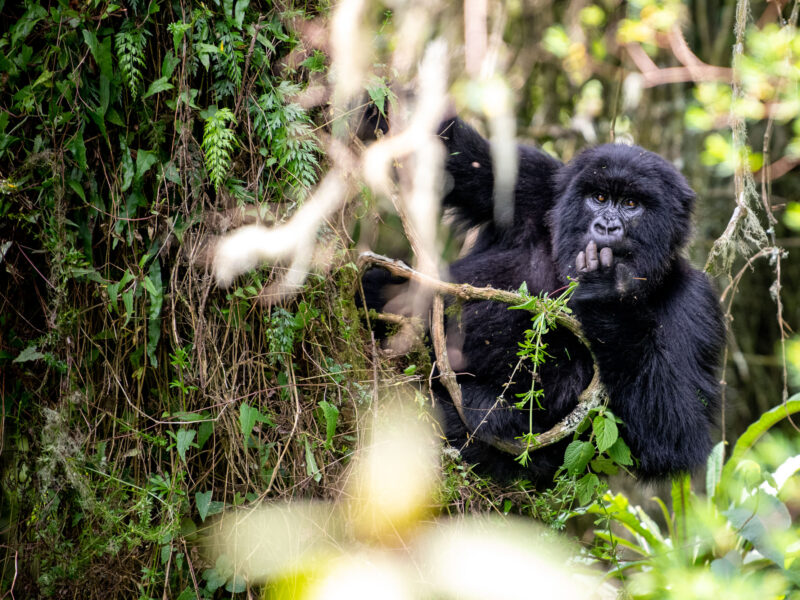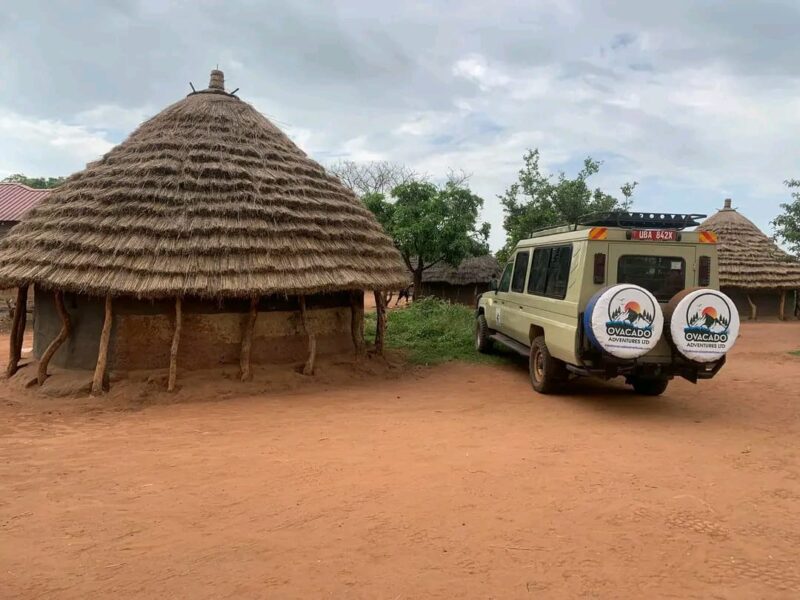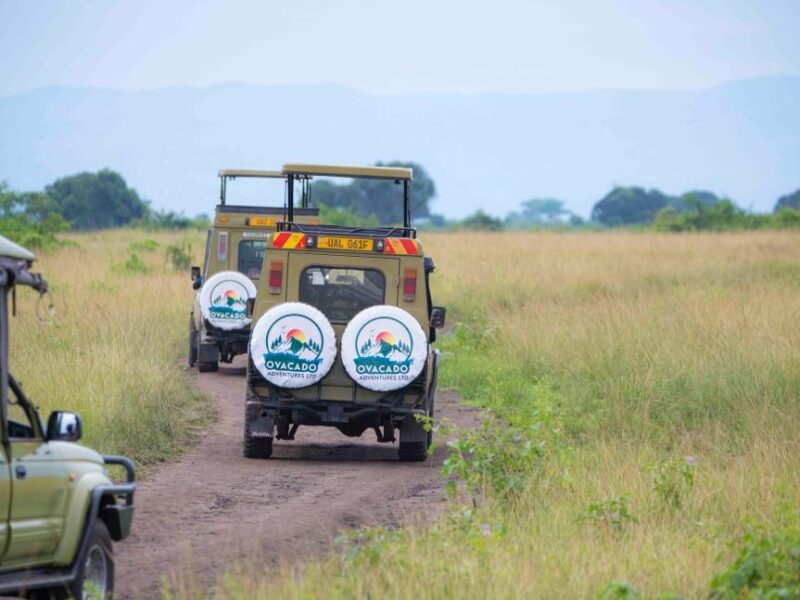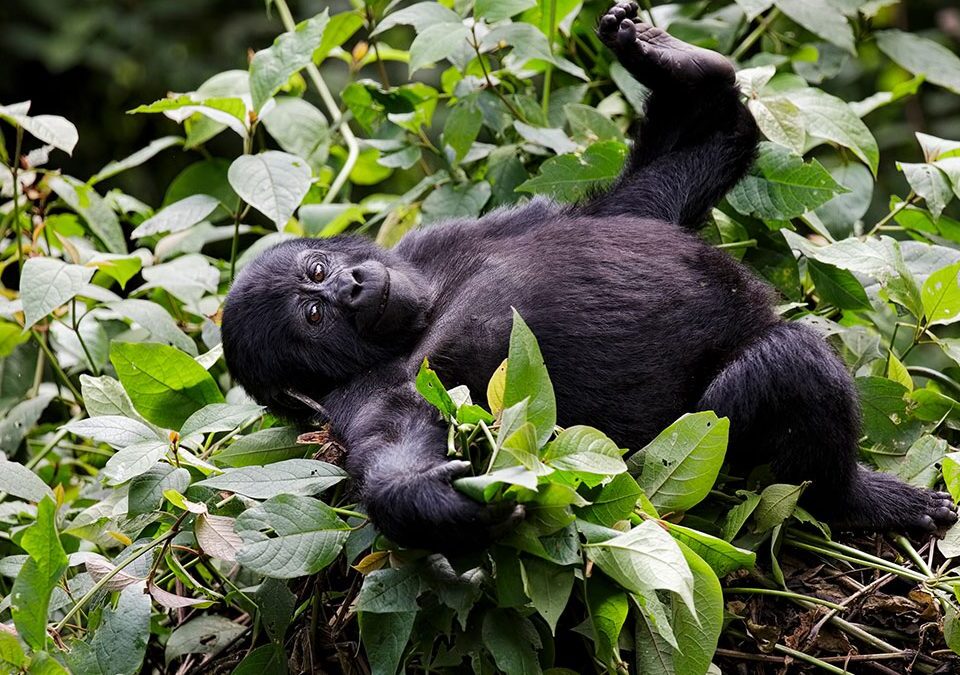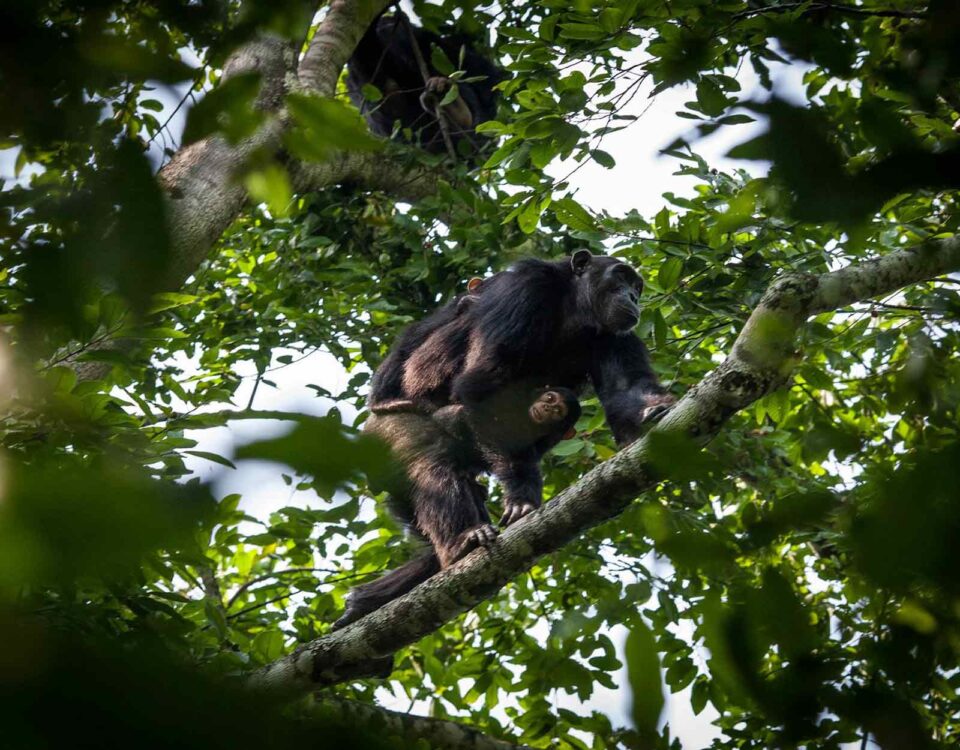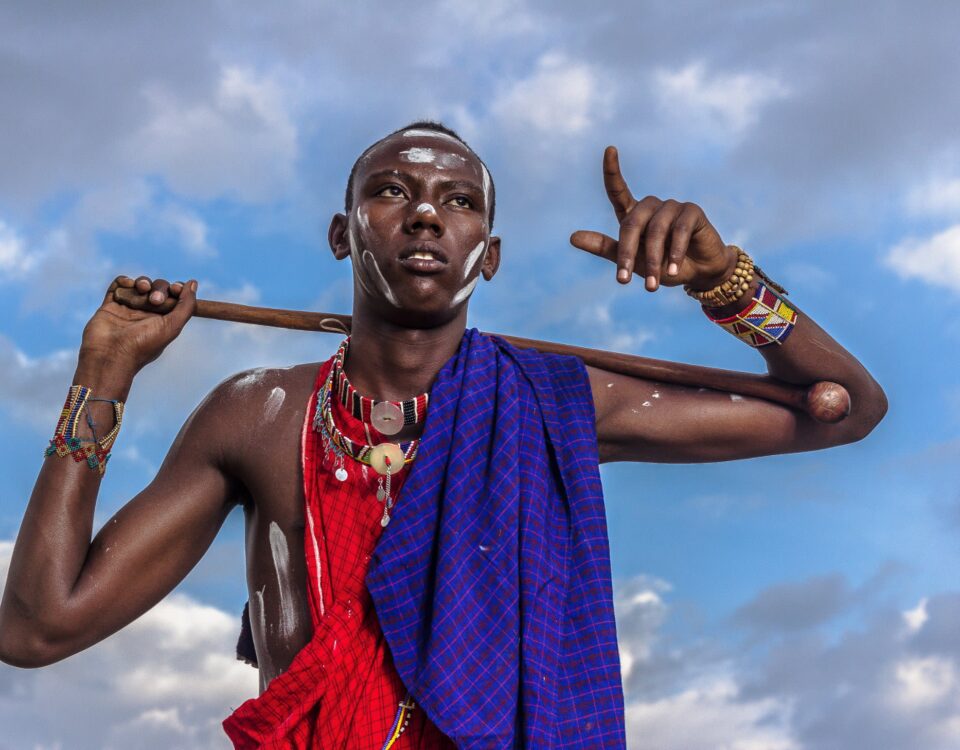Source of the River Nile Jinja. Uganda Day Trips and Adventures
The source of the River Nile, one of the longest rivers in the world, has been a subject of fascination and exploration for centuries. The Nile is formed by the confluence of two major tributaries: the White Nile and the Blue Nile.
The White Nile is generally considered the longest and primary source of the Nile. It originates from Lake Victoria, which is located in East Africa, primarily between Uganda, Tanzania, and Kenya. Lake Victoria is the largest lake in Africa and the second-largest freshwater lake in the world. Several rivers and streams flow into Lake Victoria, but the Kagera River, which starts in Burundi, is often considered the most distant source of the White Nile.
The Blue Nile, on the other hand, begins from Lake Tana in Ethiopia. Lake Tana is situated in the northwestern part of the country and is Ethiopia’s largest lake. The Blue Nile flows out of Lake Tana and travels through Ethiopia, joining the White Nile in Sudan’s capital city, Khartoum.
After the confluence of the White Nile and the Blue Nile in Khartoum, the Nile continues its journey through Sudan and Egypt, eventually emptying into the Mediterranean Sea.
It’s important to note that there have been debates and alternative theories about the exact sources of the Nile throughout history. Explorers and geographers have put forth different claims and hypotheses, but Lake Victoria and Lake Tana are generally considered the primary sources of the river based on their size and the flow of water.
Where is the source of the River Nile Found?
The source of the River Nile is found in East Africa. Specifically, it is located at Lake Victoria, which is situated between the countries of Uganda, Tanzania, and Kenya. Lake Victoria is considered the primary source of the Nile, as it is the largest lake in Africa and the starting point of the White Nile, one of the two main tributaries that form the Nile River.
When to Visit the Source of the River Nile Jinja?
Jinja, located in Uganda near Lake Victoria, is a popular destination for visiting the source of the River Nile. The best time to visit Jinja and the source of the Nile is during the dry seasons, which typically occur from December to February and June to September.
During these months, the weather in Jinja is generally warm and dry, with less rainfall and lower chances of encountering heavy showers. The dry season provides ideal conditions for outdoor activities and exploring the source of the Nile.
It’s worth noting that Uganda’s climate can vary, and there may still be some rainfall even during the dry season. It is always advisable to check the current weather forecasts before planning your trip.
Additionally, Jinja hosts several events and festivals throughout the year, such as the Nile River Festival and the Source of the Nile Agricultural and Trade Show. These events can add to the experience and provide a unique cultural atmosphere.
Where to Stay Around The Source of the River Nile Jinja?
Jinja, being a popular tourist destination, offers a range of accommodation options for visitors near the source of the River Nile. Here are a few suggestions for places to stay in and around Jinja:
Jinja Town: If you prefer to stay closer to the town centre, there are numerous hotels, guesthouses, and lodges in Jinja itself. Some popular options include Jinja Nile Resort, Nile Village Hotel & Spa, and The Haven Jinja.
Nile River Banks: There are several lodges and resorts situated along the banks of the Nile River, providing scenic views and convenient access to the river activities. Examples include Wildwaters Lodge, Nile Porch, and Adrift Nile High Camp.
Bujagali Falls: This area, a few kilometres downstream from Jinja, offers tranquil surroundings and beautiful views of the river. You can find accommodation options such as The Black Lantern, The Haven Eco River Lodge, and Holland Park.
Njeru: Located just across the river from Jinja, Njeru offers a range of resorts and lodges. Some notable choices are Sunset Hotel International and Explorers River Camp.
These are just a few suggestions, and there are more options available depending on your budget and preferences. It’s recommended to research and book accommodations in advance to secure your desired stay near the source of the River Nile in Jinja.
How much is a Safari to The source of the River Nile Jinja?
The cost of a safari to the source of the River Nile in Jinja can vary depending on various factors, including the duration of the safari, the level of accommodation and services chosen, the number of people in your group, and the specific activities included in the itinerary. Additionally, the cost can also be influenced by the tour operator or travel agency you choose.
As a rough estimate, a multi-day safari to Jinja and the source of the Nile can range from around $500 to $2000 or more per person. This estimate typically includes transportation, accommodation, meals, park fees, guide services, and activities such as boat rides, white water rafting, or visits to nearby attractions.
It’s important to note that this is just a general estimate, and the actual cost can vary significantly based on the factors mentioned earlier. It’s advisable to contact reputable tour operators or travel agencies specializing in Uganda safaris to get detailed and accurate pricing information based on your specific requirements and preferences. They can provide you with tailored safari packages and help you determine the best options within your budget.
Why Travel to Uganda with Ovacado Adventures Ltd?
Ovacado Adventures Ltd is a reputable tour operator in Uganda that offers a range of travel services and experiences. While I don’t have specific information about Ovacado Adventures, here are some general reasons why travellers choose to travel with a reputable tour operator:
Local Expertise
Tour operators like Ovacado Adventures have in-depth knowledge of the destination and can provide valuable insights into the culture, history, and attractions of Uganda. They can help you navigate the country, arrange logistics, and provide recommendations based on their experience.
Convenience and Organization
Booking a tour with a reputable operator can save you time and effort in planning and organizing your trip. They can take care of transportation, accommodation, and itinerary arrangements, ensuring a smooth and hassle-free experience.
Tailored Experiences
Tour operators often offer a variety of tour packages that cater to different interests and preferences. Whether you’re interested in wildlife safaris, cultural experiences, adventure activities, or a combination of them, a tour operator can tailor the itinerary to meet your specific needs.
Safety and Security
Travelling with a reputable tour operator can provide an added layer of safety and security. They have local contacts, knowledge of safe areas, and measures in place to ensure the well-being of their clients. They can also provide assistance in case of any unforeseen circumstances.
Local Community Engagement
Responsible tour operators often prioritize sustainable and ethical tourism practices. They work closely with local communities, support local businesses, and promote responsible travel initiatives, which can contribute positively to the local economy and communities.
Group Dynamics and Socializing
Joining a tour with other like-minded travellers can provide an opportunity to meet new people, share experiences, and create lasting memories. Group tours often foster a sense of camaraderie and offer the chance to make connections with fellow travellers from around the world.
